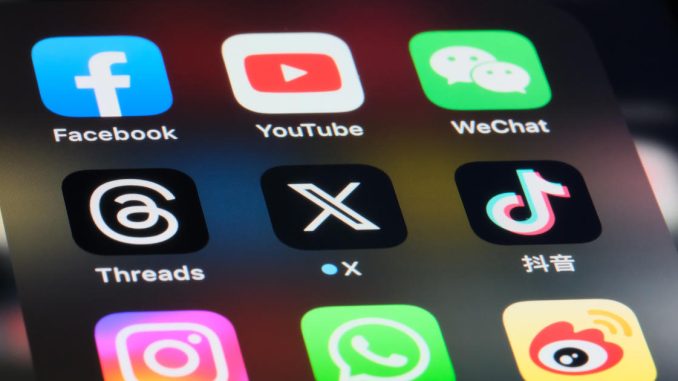
The digital era has turned the entire concept of information on its head, and social media platforms have been the prime movers in this directional change. Albeit invisible, the intricate network of algorithms tells us what content to “see” and which entries merit clicking. They also shape the experiences of individual users and influences public opinion. To understand this influence, we must probe what impact their assumptions may have upon democratic discussion as a whole and what potential consequences they might bring to people’s lives. How Algorithms Work The purpose of the algorithms is to increase a user’s engagement with the platform by curating content specifically tailored to his or her individual tastes. By analyzing user behavior such as likes, shares, comments and the time spent on a post–algorithms choose what sticks most closely to their target audience. This creates a loop in which the user hears basically the same thing, reinforcing what are already his views.
Enhancing the user experience But personalization also shoves one into a “filter bubble” or an “echo chamber”, where it is difficult to meet different points of view. Studies show that people tend to read only what they already believe in, increasing divisions in society. The Job Of Curating Indeed, content curation by algorithms can affect public opinion in at least several ways. For example, what becomes a public trend or goes viral is often decided by the algorithms that decide what is said and–by default–not said. This choice can be heavily focused on individual incidents or reactions to the exclusion of other larger, current topics of interest, thus molding people’s consciousness around these issues to an excessive extent.
But that is contradicted by the practice of social media. If false information actually results from more confusion-well as more subjects are taken up, splendid narratives might be considered more authentic than others simply by reason of their ubiquitous publication and an algorithm which encourages user engagement transmits them even further ahead up the ladder because everybody takes them up in turn for that very reason. So then as people’s impressions depend upon stories which come out at such a rate, the effect of all this is to greatly alter one’s grasp of what is actually happening.
Influence On Political Discourse
That political news is shaped by the algorithms social media uses- and underpinned by them- is particularly obvious when it comes to politics. Candidates and parties, say in an election, might alter their message overall based on which focus groups and consumer attitudes come up in the algorithms. This kind of highly targeted method is likely to raise voter participation but, at the same time, provides a fractured political environment; residents are almost always hearing back echoes from their own party of what everyone else believes.
What’s more, the algorithms themselves can help to spread propaganda and extremism in a political direction. Hence platforms are perpetrating all kinds of divisive or radical opinions by emphasizing emotive material. This causes the public to become more divided and talking between citizens is less meaningful.
Ethical Considerations and Development Direction
The more that public opinion is seen to be under the influence of social media algorithms, the greater the probability of encounters with ethical problems. For example, there arises the matter of if large tech corporations should be required not only to squelch fake news but also provide platoons-worth opportunities for people to express dissenting opinions. There is in increasing demand that the method how algorithms work is set out in the open-given who made this to start with, and what standards are to be used in selecting items to appear.
The tide is turning in favour of the idea that regulators could deal with this matter. Regulators are thinking about how to use algorithms that will bring social benefit without being harmful or disrupting democratic processes. And still regulating in harmony with channels for free-flowing information is a tangled difficulty.
Conclusion
Social media’s impact on public opinion can not be underestimated. On the one hand, these algorithms could make the user experience more personally rewarding and enjoyable. however, they are also a chief driver of disinformation and polarization increased tendency towards half-truths–which suggests that the public conversation otherwise contains nothing detailed. It is important for individuals, tech companies and governments to discuss in some detail any implications of algorithm-directed content curation as society moves over this changing landscape. By raising awareness and practicing ethical conduct out in our workaday world, we can work toward a more educated and inclusive public sphere that mirrors the diversity of all opinions as found anywhere within the human population.